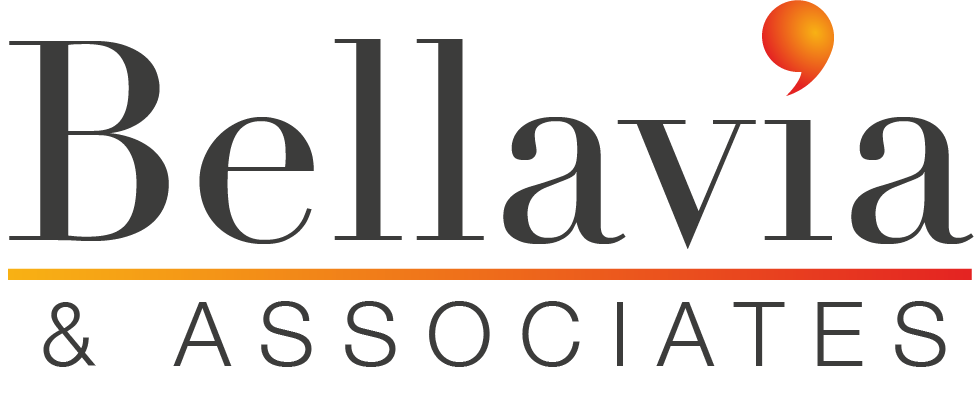Unenforced judgments costing litigants millions
Sometimes perception and reality are poles apart.
Many people would imagine that winning a legal battle, with damages and costs awarded, is the end of the matter. Surely the successful litigant savours victory and waits for the money they have been awarded to appear in their bank account?
Think again.
Unenforced judgments are now costing companies tens of millions of pounds, according to new research by litigation funder Burford Capital.
A survey of more than 500 financiers in the UK, US and Canada found 78% of respondents saying their companies were owed at least £8 million by judgment debtors. More than half said the amount owed was in excess of £16 million.
Yet many are avoiding attempts to recover the money owed because of legal costs.
Far too many debtors simply disappear following a court defeat or have their assets squirreled away in multiple financial structures – even offshore – making enforcement of judgments sometimes complex and expensive.
Rogue defendants can be individuals or companies of varying sizes spread across many sectors – but their actions all too often see huge sums of money wiped off the balance sheets of litigants who have won their day in court only to find they face a far tougher battle to receive what is legally theirs.
At Bellavia & Associates, we specialise in commercial high-value litigation and enforcement.
Our cash collection specialist lawyers are in high demand because we think outside the box, never give up and we don’t take ‘no’ for an answer. We even offer ‘no win no fee’ recovery on suitable cases.
If litigation is necessary – and sometimes the right letter before action and telephone chasers are enough to compel payment – then it is important to have an enforcement strategy in place well before a judgment is reached. This is precisely the kind of strategic advice we provide.
Financial structures being used by the debtor need to be identified in advance, allowing our team to have a comprehensive plan for finding, freezing and seizing assets.
Such a strategy is key to avoid time-consuming and costly chasing of assets from account to account or country to country.
Zep Bellavia is Managing Director of Newport-based solicitors and accountants Bellavia & Associates.


